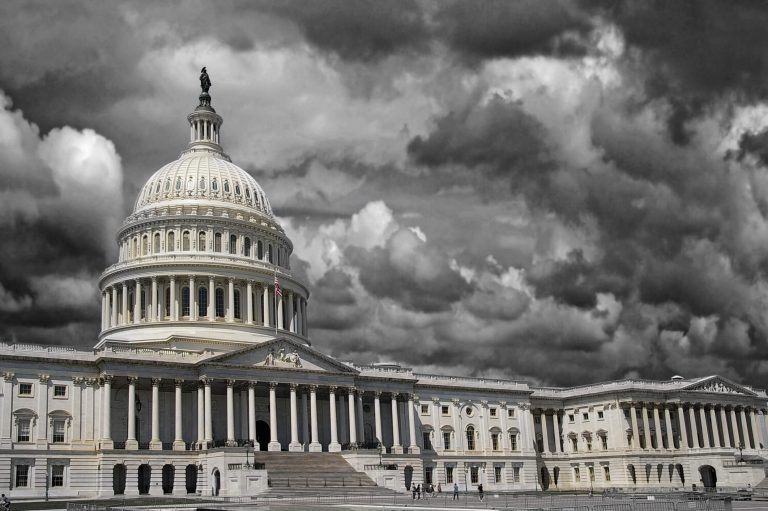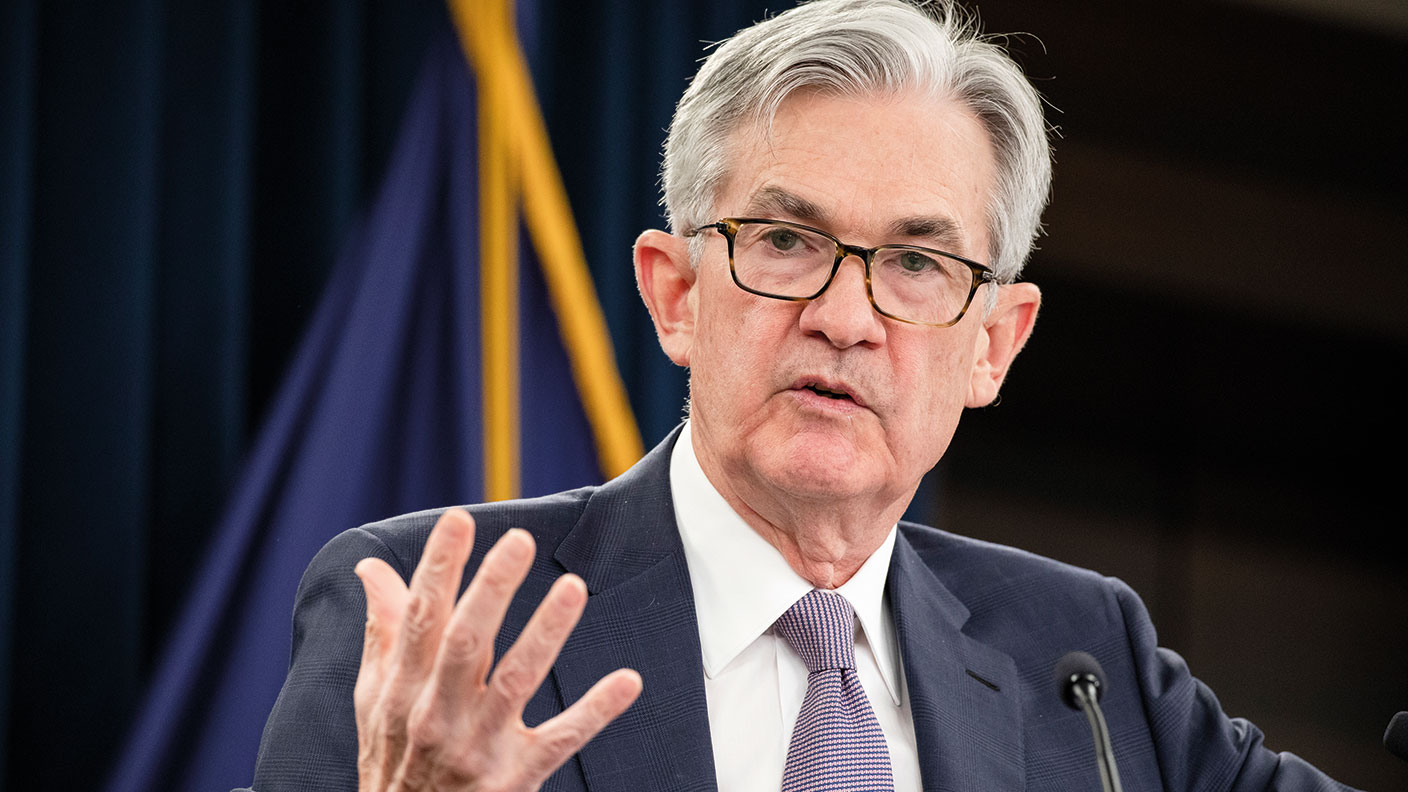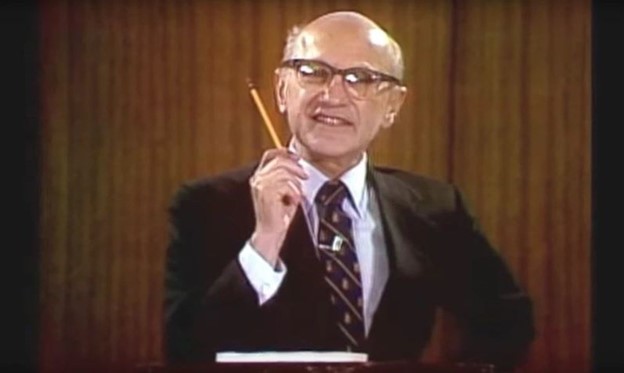
U.S. needs fiscal responsibility amendment
by Barry W. Poulson – October 2, 2022
In August, the inflation rate came in at 8.3% — well above expectations in financial markets, triggering a sharp selloff in securities.
Investors hoped that lower inflation would prompt the Fed to moderate a policy to increase interest rates. Investors may need to rethink their perception of the relationship between money and prices.
Economist Milton Friedman argued that inflation is always and everywhere a monetary phenomenon. He maintained that increases in the money supply lead to higher prices with long and variable lags.
Over the past two decades, low rates of inflation, even in periods of monetary expansion, seemed to refute Dr. Friedman’s argument. But Dr. Friedman could not have anticipated the new monetary framework introduced by the Fed over this period.
The Fed purchased treasuries and mortgage-backed securities, expanding the balance sheet to more than $4 trillion. This allowed the Fed to expand the money supply while holding interest rates low, without triggering inflation.

WASHINGTON, DC – JANUARY 29: Federal Reserve Board Chairman Jerome Powell speaks during a news conference after a Federal Open Market Committee meeting on January 29, 2020 in Washington, DC. Chairman Powell announced that the Federal Reserve will not be adjusting interest rates. (Photo by Samuel Corum/Getty Images)
Finally, these chickens have come home to roost. Fed Chairman Jerome Powell has acknowledged the failure of the new monetary framework, committing the Fed to higher interest rates and reducing the size of the portfolio, until there is strong evidence that inflation is under control. This rediscovery of the relationship between money and prices could restore price stability. But just as it took many years to restore price stability in the 1980s and 1990s, it will take many years for the Fed to restore price stability today.
The major risk to price stability today is not the random shocks of energy prices, supply chain disruptions, the Ukrainian War etc. As Dr. Friedman argued, price stabilization requires prudent monetary and fiscal policies. Price stabilization was achieved during the Great Moderation of the 1980s and 1990s because prudent monetary policies were combined with policies to reduce deficits and debt. By the end of that period, the budget was balanced, and debt stabilized as a share of GDP.
This allowed Fed Chairmen Paul Volcker and Alan Greenspan to constrain the growth of money and stabilize prices
Over the past two decades, however, the commitment to debt sustainability has been abandoned. The federal government has consistently incurred deficits, accumulating a national debt that now exceeds $30 trillion.
The Congressional Budget Office projects continued deficit spending, increasing debt to more than double national income by 2050. Long before these debt levels are reached, financial markets will signal the unsustainability of these fiscal policies.

Milton Friedman
As we have observed this year, higher debt can lead to sharp discontinuous increases in interest rates. The failure to commit to debt sustainability will undermine efforts by the Fed to stabilize prices. Until Congress commits to debt sustainability, we should expect Mr. Powell’s monetary policies to fail.
Half a century ago, Dr. Friedman argued that American citizens should be free to choose a balanced budget amendment to the Constitution. In 1982, he helped craft Joint Resolution 58, an amendment to the United States Constitution requiring for each year’s federal budget that “total outlays are no greater than total receipts” without three-fifths majority vote of both houses. Congress failed to reach the two thirds majority required to propose Joint Resolution 58.
Over the years, Congress failed to approve similar fiscal responsibility measures.
However, a breakthrough in this logjam was achieved this year when U.S. Rep. Jodey Arrington, R-Texas, and co-sponsors introduced two important bills.
HCR 101 would address the apparent unconstitutional inaction of previous Congresses by calling for an Article V Convention for Proposing Amendments unless the nation’s archivist determines that the required number of state applications has never been met. HR 8419 would direct the archivist of the United States to authenticate, publish and count applications for a convention for proposing amendments, and to certify when the requisite number of states has been achieved.
Today, a Fiscal Responsibility Amendment to the Constitution is needed more than ever.
The inflation rate has not reached the double-digit levels of the 1970s, but the 8.3% inflation rate in August is well above the 2% target level set by the Federal Reserve for two decades. The Fed has now set a new target inflation rate greater than 2%, and we should expect the Fed to continue to shift the goal posts as inflation accelerates. The economy has entered a new era of stagflation, not unlike that of the 1970s.
For too many years, Congress has dropped the ball, failing to record and count state resolutions calling for a Fiscal Responsibility Amendment to the Constitution. But Rep. Arrington and his co-signers in Congress have hit a home run in the legislation introduced this year. The only requirement now is for Congress to call the time and place for the Convention.
Finally, citizens may be free to choose a Fiscal Responsibility Amendment to the Constitution. It may not be a balanced budget amendment, like the one proposed by Milton Friedman and Congress. But it will be one approved by three-fourths of the state legislatures or three-fourths of conventions called in each state for ratification.
Barry W. Poulson is a policy advisor at The Heartland Institute and Emeritus Professor of Economics at the University of Colorado.
